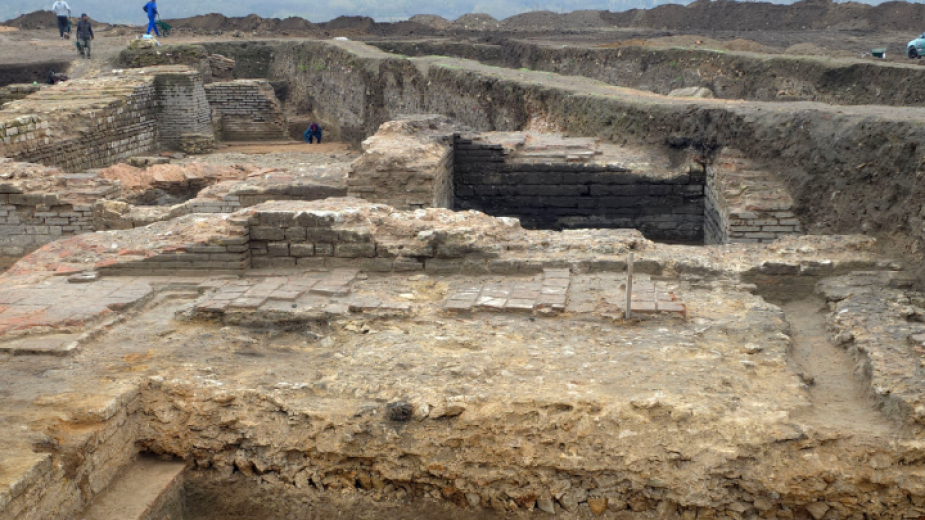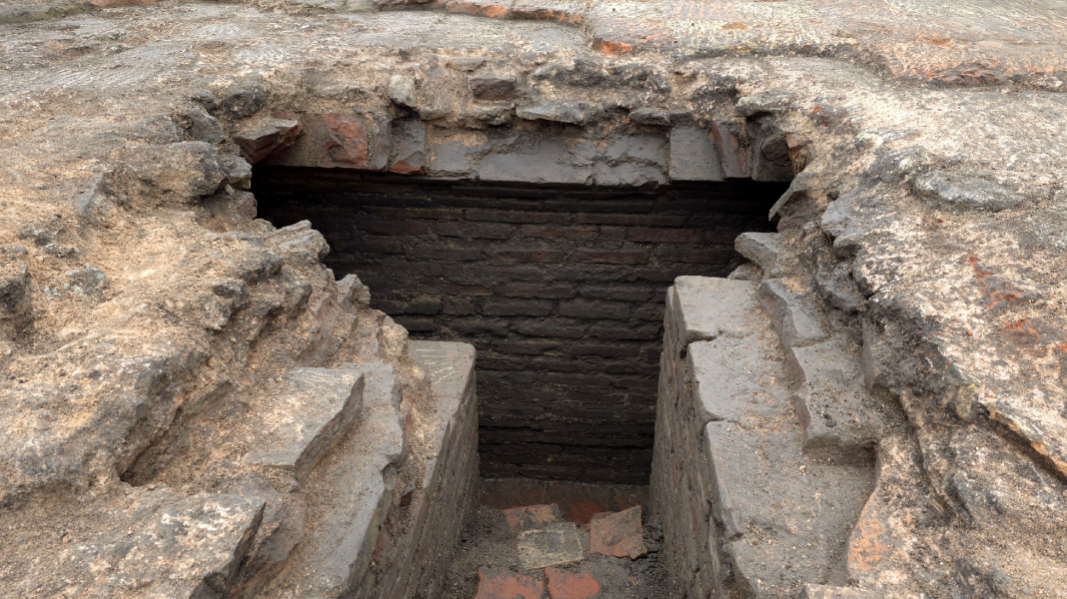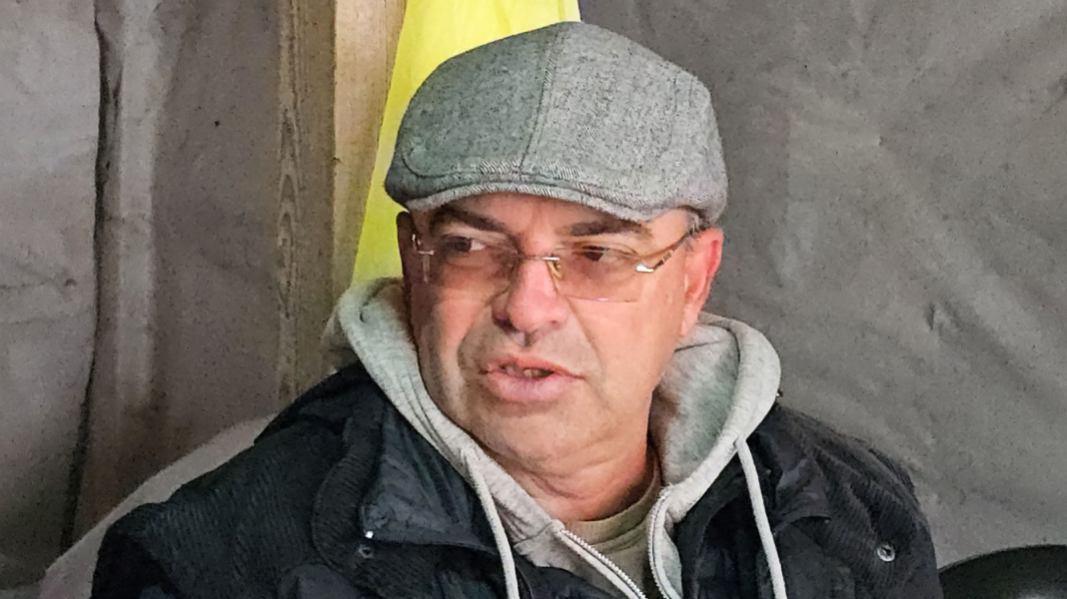 4
4
Just days ago, archaeologists uncovered part of the complex underground infrastructure that once served the Roman baths of Ratiaria - one of the most important ancient cities in Bulgaria’s northwest.

Founded in the 1st century in the area of today’s village of Archar and destroyed by the Avars in 586 AD, the city now reveals what experts describe as an “archaeological window” into the engineering mastery and daily life of the ancient Romans on our lands.
 Researchers have discovered the inspection shaft of the channel that serviced the baths by draining rainwater from the large roof of the facility into the street canals around it. According to Associate Professor Dr. Zdravko Dimitrov of the National Archaeological Institute with Museum at the Bulgarian Academy of Sciences - quoted by BTA - 250 meters of this underground system have been explored. The channel is built entirely of bricks with a semi-cylindrical vault and a brick floor.
Researchers have discovered the inspection shaft of the channel that serviced the baths by draining rainwater from the large roof of the facility into the street canals around it. According to Associate Professor Dr. Zdravko Dimitrov of the National Archaeological Institute with Museum at the Bulgarian Academy of Sciences - quoted by BTA - 250 meters of this underground system have been explored. The channel is built entirely of bricks with a semi-cylindrical vault and a brick floor.
Another major success is the uncovering of the main pools of the bath complex. The largest pool is the best preserved - constructed of bricks with a mortar floor - while the southern pools for warm and hot water are heavily damaged. Fragments of their multicolored marble decorations have been found. Among the discoveries are cosmetic tools, fibulae, bone artifacts, and coins.

Read also:
Edited by Veneta Nikolova
English publication: R. Petkova
Father Genadiy Martinov is a Bessarabian Bulgarian, born in the village of Devetliy, Odessa province (Ukraine). Two centuries ago, his family lived in Eastern Thrace, near Edirne, but after the end of the Russo-Turkish War (1828–1829), during a period..
An intact grave of a young woman dating to the beginning of the 2nd century AD has been discovered by archaeologists near the village of Kapitan Petko Voivoda, Topolovgrad Municipality announced. The team that made the discovery is led by Daniela Agre..
On October 14, the Bulgarian Orthodox church pays homage to Saint Paraskeva, also called St. Petka of Tarnovo and the day is known in Bulgaria as "Petkovden". Saint Petka was born in the 11th century in the town of Epibat, on the Sea of..
In the world of the Thracians, who had no written language, the most important messages were conveyed through art. The Letnitsa Treasure is precisely..

+359 2 9336 661
